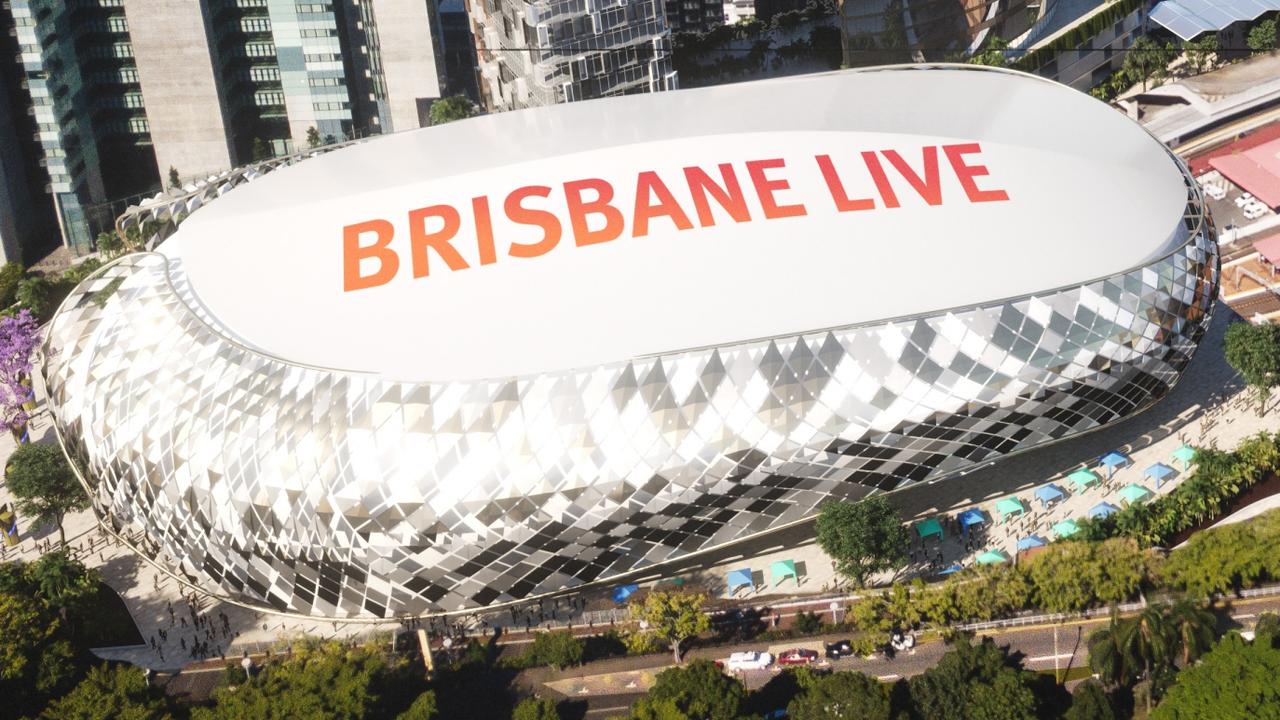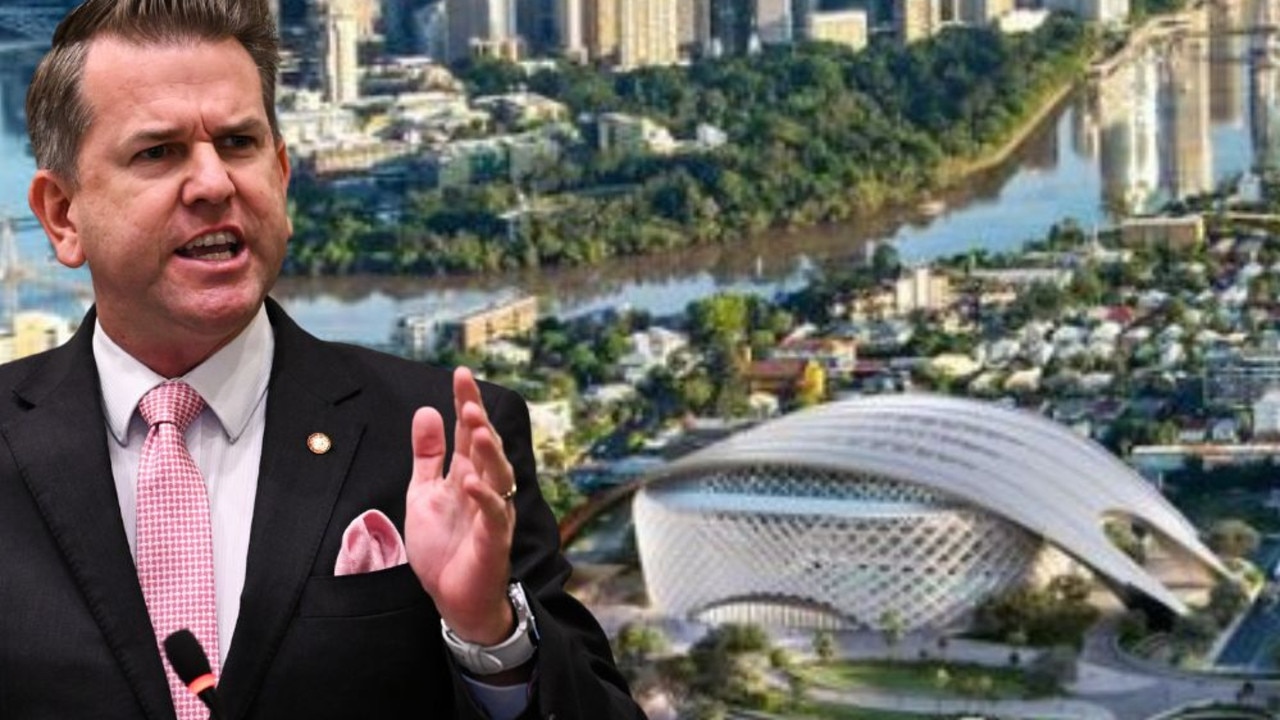Olympic stadiums must be built with future use in mind: expert
No new venues should be built just for the 2032 Games and bespoke temporary venues should be avoided, an expert has declared.
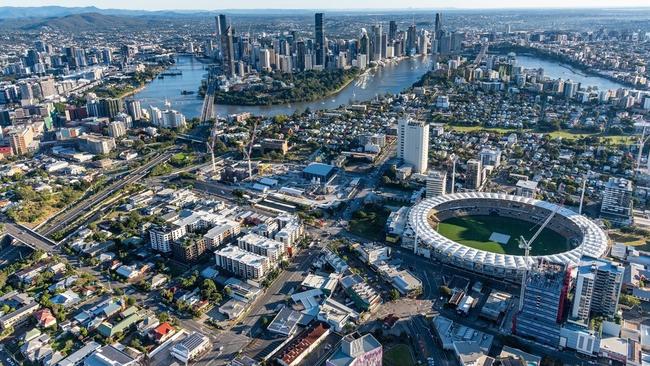
Future QLD
Don't miss out on the headlines from Future QLD. Followed categories will be added to My News.
No new venues should be built just for the 2032 Games and bespoke temporary venues should be avoided.
That is the message from the International Olympic Committee’s head of legacy Tania Braga to 2032 organisers and decision makers, as Queenslanders wait to find out who will be in charge of the 100-day infrastructure review.
Ms Braga, who spoke to The Courier-Mail from Switzerland, said when a host was looking at the price of new permanent venues, construction and operating costs through the life of the venue should also be considered.
WATCH THE FUTURE BRISBANE LIVESTREAM THIS FRIDAY ON OUR WEBSITE
“No new venues should be built just for hosting the Games,” she said.
“Something we learned with previous editions and in Paris … is to avoid big, bespoke, temporary venues.
“For long-term needs of the host territory for some new sport facility that can be used in the Games, then it’s OK, but the driver is the long-term need.
“It’s not the Games.”
This story is part of The Courier-Mail’s annual Future Brisbane series advocating for a focus on the right legacy outcomes from the hosting of the Brisbane 2032 Olympic and Paralympic Games. You can read all our coverage here
No new permanent venues are planned for LA 2028.
Nearly all Paris 2024 venues were facilities that either already existed or were temporarily assembled and able to be dismantled for future reuse at other events after the Games.
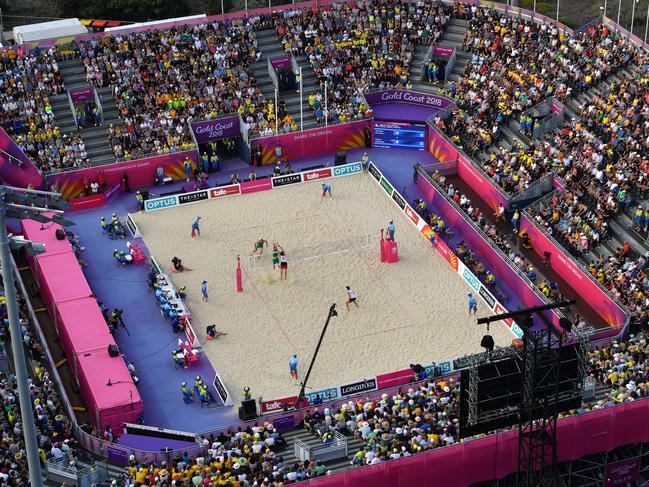
Ms Braga said Athens was the weakest example of venues built for legacy, based on the number of times they had been used post-Games.
“You plan for the long-term use, and you supplement for the Games,” she said.
“You think multiple types of use from the start on accessibility.
“You plan for the Paralympics, and you adapt if needed, for the Olympics and you don’t build if you really don’t need.
“I think if you use these four principles, the chances of doing right are very big.”
Infrastructure Minister Jarrod Bleijie said the Independent Infrastructure Co-ordination Authority would consider all infrastructure and venue requirements for the 2032 Olympic and Paralympic Games, including transport, legacy and benefits for all Queenslanders.
It’s expected the members of the authority and the review’s terms of reference will be announced later this week with a report to be due in March.
“The Games must deliver a lasting legacy for all Queenslanders, with generational infrastructure across the state and a tourism plan to help us shine on the world stage,” Mr Bleijie said.
The state government has again refused to commit to implementing the review’s recommendations.
Lord Mayor Adrian Schrinner said as the second review, following the one by his predecessor Graham Quirk, it had to be the last “because we don’t have time for any more”.
“We’re all we’re all anxious to get some outcomes here and to start work,” he said.
“But we do have to get it right.
“We have to get on with the building.”
Cr Schrinner said infrastructure costs were a challenge for any host city.
But the price of not getting 2032 projects right would be higher.
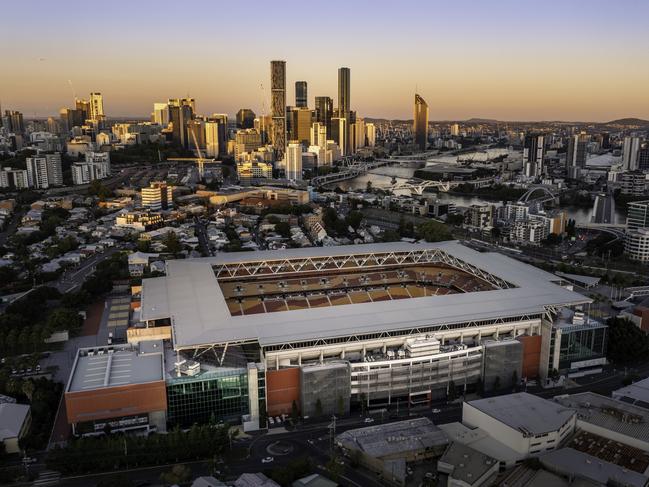
“If we nickel and dime the things that need to be built for the future … we’ll look back in 10 years’ time, and think, why didn’t we do this properly?,” he said.
IOC vice-president and Brisbane 2032 Organising Committee director John Coates AC said he was also fully supportive of the 100-day review.
Mr Coates had previously pushed for the Queensland Sport and Athletics Centre in Nathan to be the 2032 main stadium.
“We are not talking about a lot of venues here,” he said.
“Brisbane was able to bid on the basis that venues were existing or planned.
“I understand the review.
“They have to work out the best locations.
“There is time to get this right.
“Once that is put to bed we can think of ways, over the next eight years and particularly during the Games, we can contribute to promoting Queensland.”
Premier David Crisafulli has promised QSAC would not go ahead and no new stadiums would be built – indicating a preference to rebuild the Gabba.
RACQ general manager (advocacy) Joshua Cooney said successful major sporting events needed both good quality fit-for purpose facilities as well as access to frequent and reliable public transport that could move crowds in and out of precincts.
“We have already seen a major investment of $7.7 billion into public transport in central Brisbane, with Cross River Rail and Brisbane Metro projects,” he said.
“The ideal and logical location for any major venue should be placed to take advantage of existing investments in public transport.
“We should not build or upgrade stadiums that lack access to modern and well-connected public transport.
“If we do, we risk pouring money into a future ghost stadium that will not be used properly again.”


